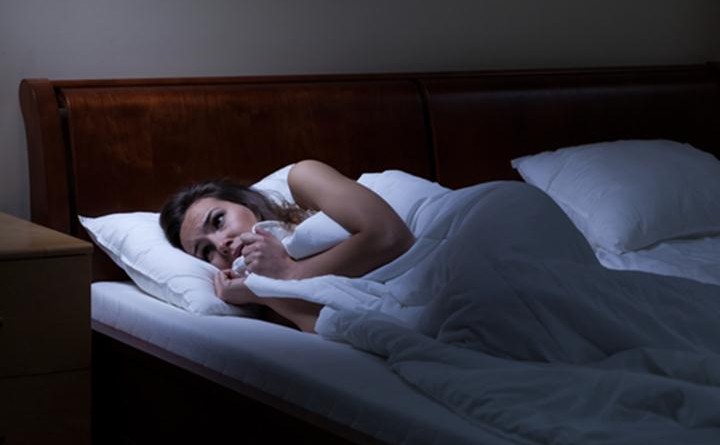The recent increase in bed bug invasions has caused quite a stir.
Not only are these crawling insects getting into people’s homes and businesses, they are also becoming quite the nuisance for hotel operators and hospital administrators. Bed bugs do not carry disease, but they are certainly considered a pest in every sense of the word.
You can take steps to help prevent these bloodsucking insects from taking up residence in your home. In fact, preventative measures are the most important because after the insects form a colony, extermination can be very expensive. Avoiding bed bugs calls for special attention to certain procedures that are somewhat different than dealing with other pests such as ants or roaches.
How Bed Bugs Survive
Bed bugs inflict a painless bite. Their saliva contains chemicals that act as an anesthetic, meaning a sleeping individual is unlikely to awaken if one of these creatures decides to feed on your blood.
This is seen by scientists as a survival technique. Because bed bugs tend to travel about in small groups or as individuals, a painful bite would result in an immediate reaction by the afflicted human and the obvious death of the perpetrator. Instead, bed bugs are very careful not to stimulate the victim’s nervous system when they bore through the epidermis.
One of the most common ways in which these insects get inside your home is by free transportation when clothing items, cardboard, or even mattresses are brought in from elsewhere. While not exclusively nocturnal, bed bugs are typically more active at night. They are drawn to body heat and carbon dioxide release. Since sleeping individuals are typically under covers and are not actively moving, their carbon dioxide signature is easy to find with the beds providing a hospitable environment for the bed bugs.
Avoiding A Bed Bug Invasion
Bed bugs leave telltale signs of their presence, the most easily spotted being their feces. These insects deposit small, round fecal particles on the sheets and blankets in which they hide. Dark spotty bedclothes are a sure sign that bed bugs have taken up quarters in your home.
Bedbugs will sometimes congregate in a warm, dark place inside the home. If you inspect hidden areas and detect an odor that is somewhat like coriander, you have probably found a bedbug hideout. These insects also like to roam areas where there is pet dander. It is important to check for feces from bed bugs on or near any place your pet likes to sleep.
It is unnecessary to call in a pest control expert for the prevention of bed bugs. The chemicals used often cause health problems for humans and pets and aren’t truly effective. Use a professional exterminator in the event that you already have a bed bug invasion that is not responding to cleaning that can be done by homeowners.
To prevent bed bugs from increasing in population in your home, clean your bed clothes using a professional laundry service. High-temperature steam kills both the bugs and their eggs.
If you are moving, use plastic storage containers instead of cardboard boxes. Be sure to wash any clothes that you bring home from vacation. Most bed bug invasions begin with a small population getting inside of your clothing while you are staying at a hotel.
Proper Home Cleaning
Using a steam cleaning vacuum, especially on the carpeted areas and around the baseboards, is an effective way to kill bed bugs and their eggs. It is also a good idea to use this technique on your mattress at least once per month.
Floors should not be left cluttered with paper or cardboard. Bed bugs are drawn to the musty odors. They also like to inspect any type of organic odor coming from the carpeting, so spills should be cleaned up immediately.
Featured Image Source: Depositphotos/© photographee.eu




